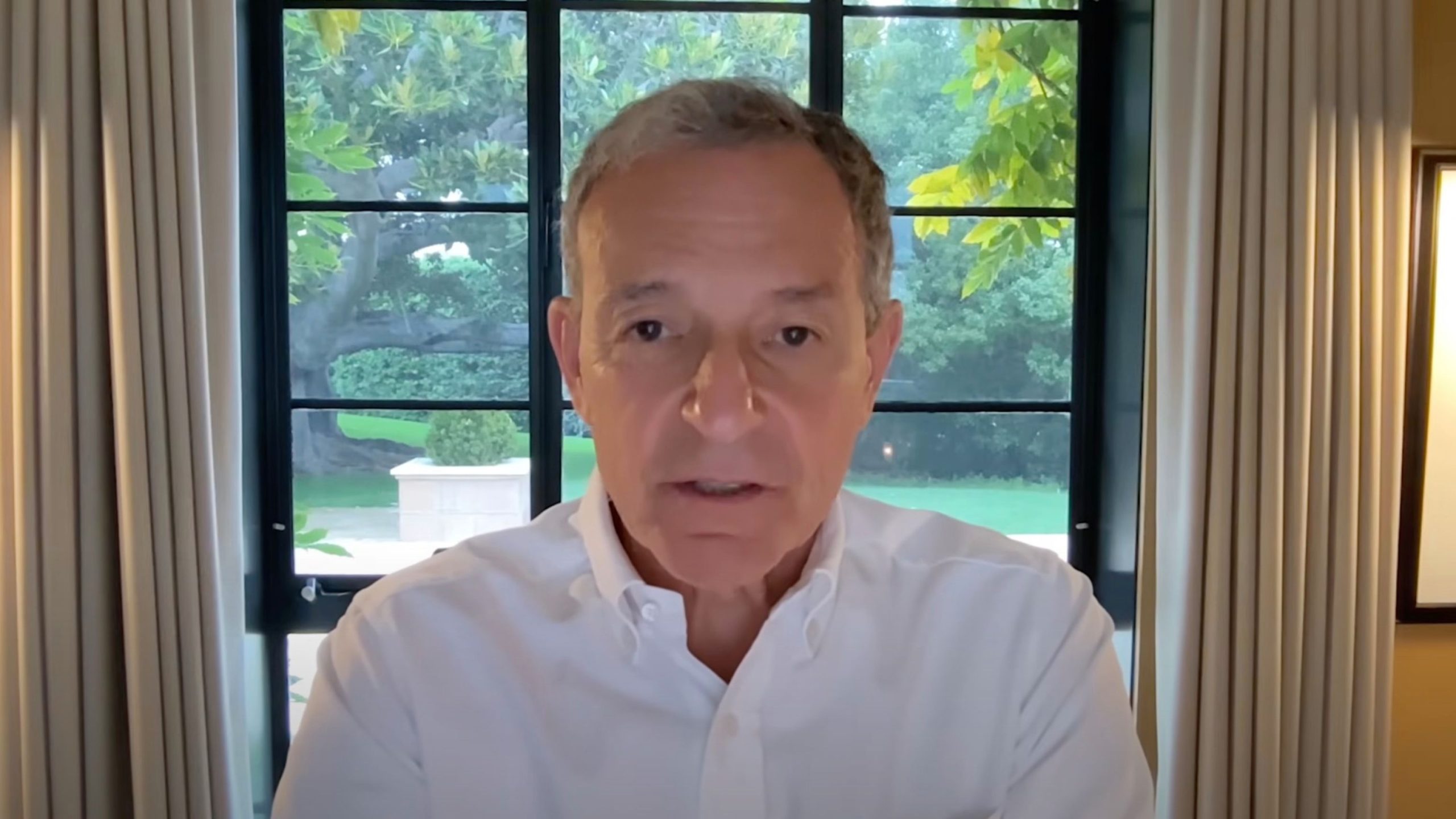Disney’s stance on steering clear of political entanglements is being met with skepticism from conservative groups, particularly the Alliance Defending Freedom (ADF), a prominent legal organization advocating for free speech and religious liberty. The ADF has urged Disney to back its professed apolitical intentions with concrete policy commitments.
The ADF disclosed that representatives met with Disney officials this week to discuss concerns about the company’s former participation in the Global Alliance for Responsible Media (GARM). GARM, a 2019 initiative designed to ensure “brand safety,” has faced accusations of marginalizing conservative news outlets and viewpoints by influencing advertising practices. Though the initiative was dissolved in 2023 amid antitrust scrutiny, critics worry that its goals may persist through corporate practices.
Following the meeting, ADF legal counsel Michael Ross expressed disappointment, stating, to the Washington Times; “Disney has a long way to go in restoring the trust of the American people.” He also criticized the company’s refusal to acknowledge or address evidence of censorship tied to its GARM involvement. “Disney representatives refused to comment on the company’s involvement in vast censorship,” Ross said, further noting that the company declined to issue a public commitment to viewpoint diversity.
The ADF, representing Disney shareholders alongside Bowyer Research and Patron Partners, had pressed the entertainment giant to affirm its support for free expression. However, Disney reportedly stated that issuing such a declaration was not in its “best interest.”
Disney’s reticence has drawn the ire of the ADF, which has a robust track record of defending free speech. More recently, the organization has turned its attention to corporate policies it views as suppressing conservative and religious perspectives. Jeremy Tedesco, ADF’s senior vice president of corporate engagement, described their broader mission: “We’ve helped shareholders file about 10 resolutions this shareholder season related specifically to GARM, but we’ve also filed over 50 resolutions on issues like de-platforming [and] DEI in vendor contracts.”
The meeting followed Disney’s agreement to withdraw a shareholder resolution demanding transparency on the risks of advertising discrimination based on political or religious views. This concession came amid broader concerns about corporate censorship, particularly in light of GARM’s past activities. The initiative, backed by major corporations such as Coca-Cola and Unilever, reportedly encouraged its members to cut advertising ties with platforms like X after Elon Musk’s 2022 acquisition. A subsequent House Judiciary Committee investigation found that GARM’s practices likely violated federal antitrust laws, describing its actions as “colluding to suppress voices and views.”
Although GARM has officially disbanded, critics believe its agenda persists. “I think it [GARM] went away because of scrutiny. I don’t think it went away because they don’t want to do it,” Tedesco remarked. He also raised concerns about the emergence of similar initiatives, suggesting that companies could continue leveraging advertising dollars to silence disfavored views.
Still, the ADF emphasized that Disney must take proactive steps to ensure it does not engage with new GARM-like entities in the future. Tedesco acknowledged that achieving these reforms might take time. “It often takes successive years of engaging with corporations to get them to move in the right direction. But we’re OK with that,” he said.










